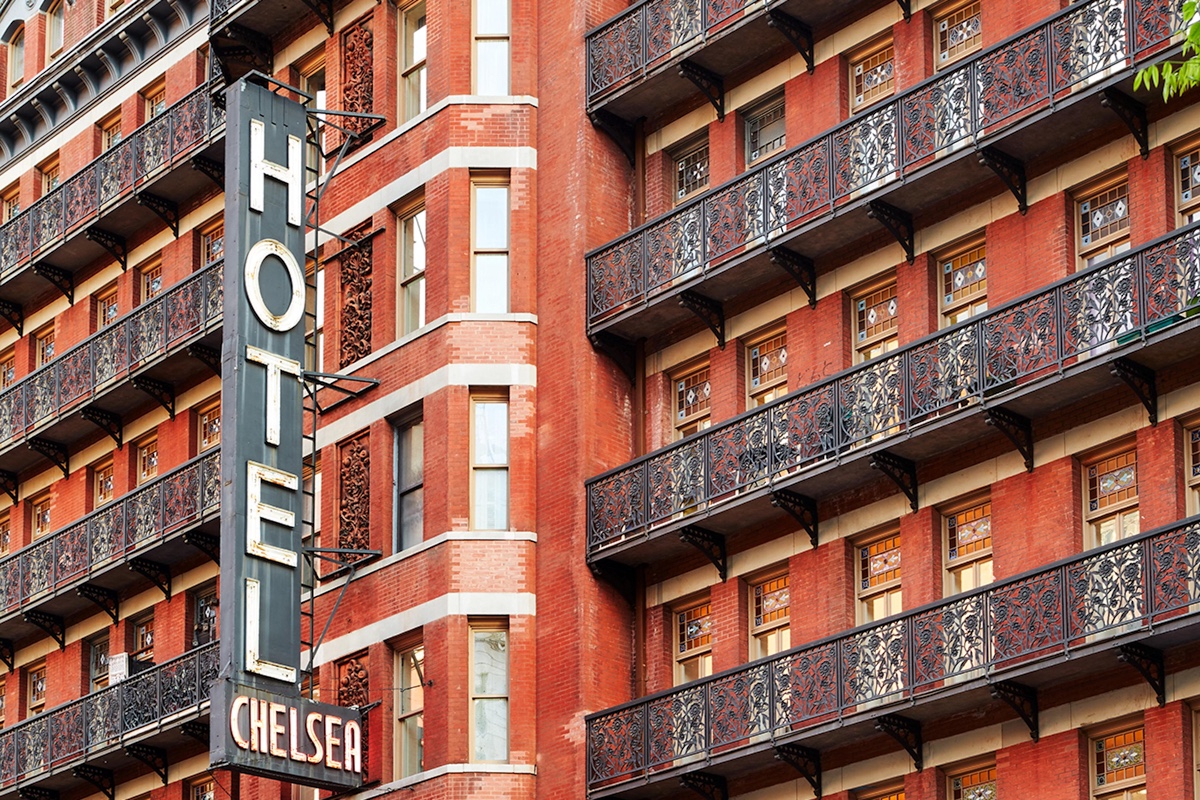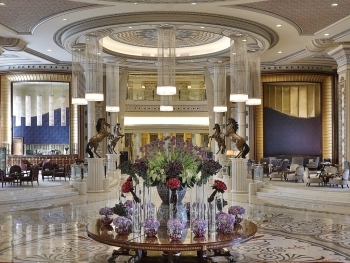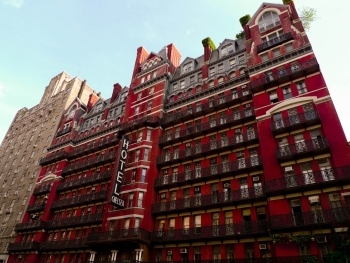A Dive Deeper into the Chelsea Hotel: A Haven for Artistic Souls
The Chelsea Hotel, a legendary landmark in New York City, has served as a muse and a home for countless artists, writers, and creatives throughout its rich history. Here's a closer look at what makes the Chelsea so unique:
From Cooperative Apartments to Bohemian Refuge:
Built in 1884 by architect Philip Hubert, the Chelsea was initially designed as one of the first cooperative apartment buildings in the city. However, financial difficulties led to its conversion into a hotel by 1905. This shift opened its doors to a new kind of resident – the struggling artist seeking an affordable and inspiring space.
A Storied Past, Steeped in Creativity:
The Chelsea's guest list reads like a who's who of the artistic world. Literary giants like Mark Twain, Jack Kerouac (who penned "On the Road" within its walls), and Arthur Miller found solace and inspiration here. Playwrights like Tennessee Williams and Eugene O'Neill, along with actors like Sarah Bernhardt and Ethan Hawke, all called the Chelsea home.
Beyond Literature and Theater:
The creative spirit wasn't limited to just writers and actors. Musicians like Bob Dylan, Jimi Hendrix, and Janis Joplin brought a musical energy to the hotel. Visual artists like Jackson Pollock, Frida Kahlo, and Robert Mapplethorpe left their mark not only on the world but potentially on the very walls of the Chelsea, as the hotel itself collected and displayed works by many residents.
A Stage for Tragedies and Triumphs:
The Chelsea's history isn't without its darker moments. Tragedies like the death of Dylan Thomas from alcohol poisoning and the murder of Nancy Spungen, girlfriend of Sex Pistols bassist Sid Vicious, unfolded within its walls. However, these events only add to the hotel's complex and captivating story.
An Architectural Gem:
Beyond its artistic significance, the Chelsea boasts a stunning Victorian Gothic architecture, characterized by its red brick exterior and the grand staircase that winds its way up twelve floors. This architectural beauty, however, remains a privilege reserved for registered guests and guided tours.
A Turning Point and Uncertain Future:
A shift in management in 2007 marked a turning point for the Chelsea. While the new ownership promised to improve amenities and modernize the building, concerns arose about the hotel's future as a haven for artists. Stanley Bard, the long-time manager known for supporting struggling creatives, expressed his worries about the hotel losing its unique character.
A Legacy Beyond Walls:
The Chelsea Hotel's legacy extends far beyond its physical structure. It stands as a testament to the power of community, the importance of fostering artistic expression, and the enduring allure of a place that embraces the unconventional and the creative spirit.
Whether it continues to serve as a haven for artists in the future remains to be seen, but its place in artistic history is undeniable.












